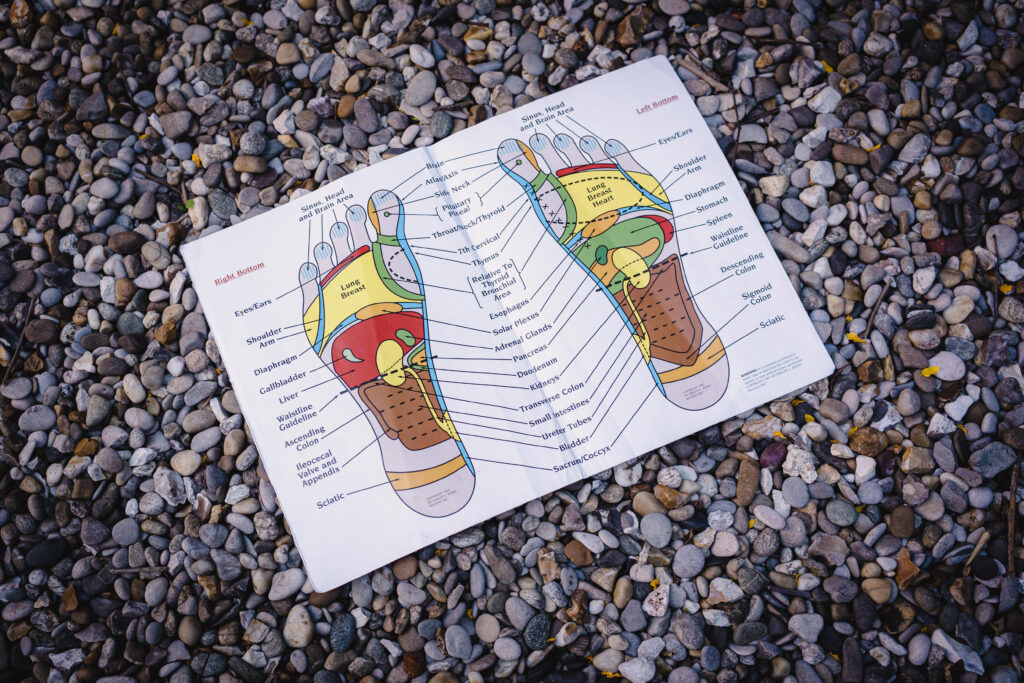two formats
Available for 60 or 90 minutes.
Special offer for new clients.
special offer
For your first appointment, an extra 15min will be added to go through your consultation form
how to book
You can either make an appointment with us via email at info@reconnectreflexology.com, call us, or chat with us via whatapp.
email us

